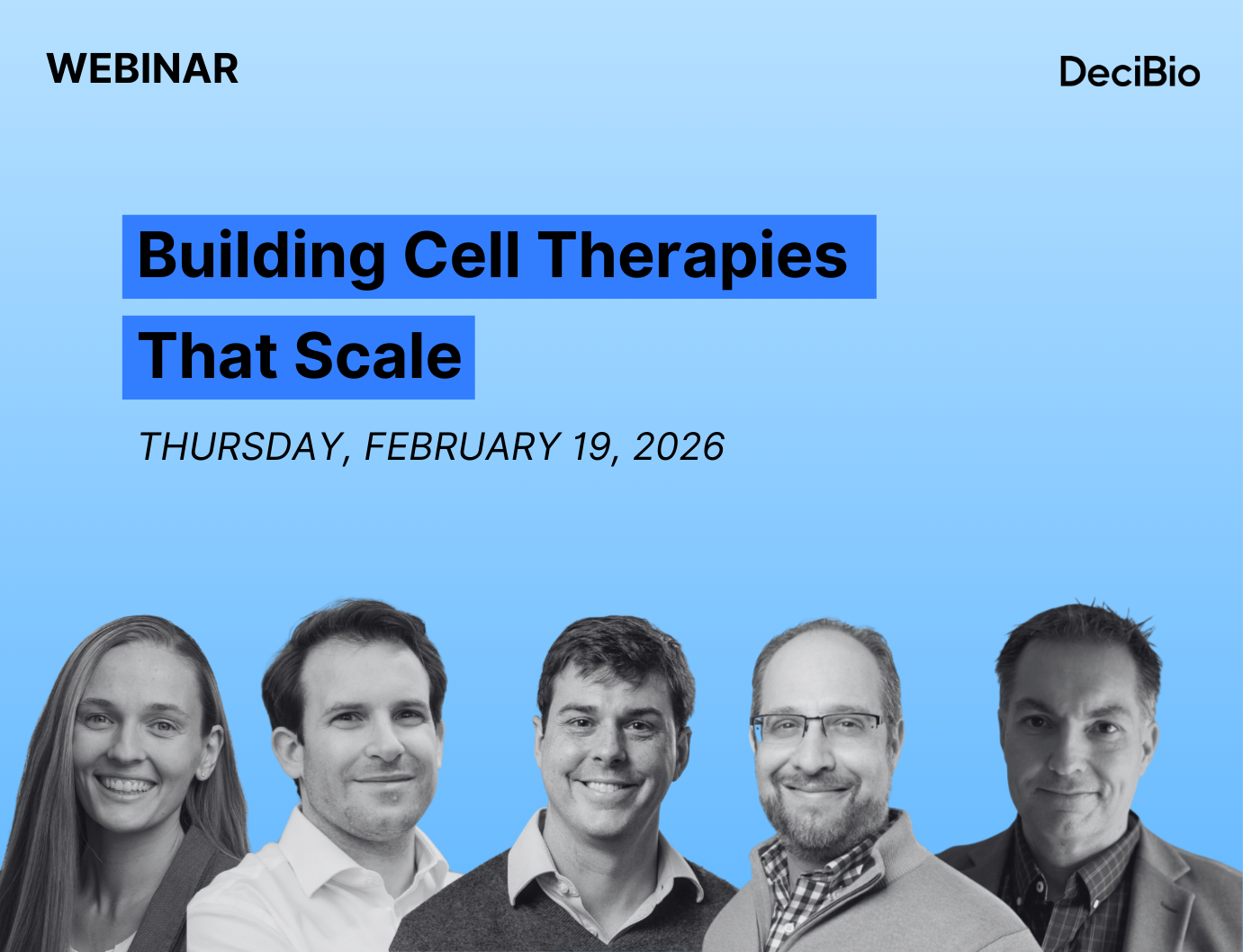Los Angeles, CA January 3, 2019 – The end the last decade deepened my personal belief that the personalized medicine revolution will be driven by tools and diagnostics, rather than drugs. Taking consulting work out of the equation, here are the 10 topics that I spent time discussing often extemporaneously with my distinguished friends in the industry in 2019!
- Lunar 2 AACR trial read-out: In a clear validation of the power of multiomics for early cancer detection (among other applications), Guardant Health (GH) reported 88% sensitivity for their CRC assay at 94% sensitivity using genomics (single nucleotide variants) and epigenomic (methylation and fragmentome analysis) analytes. When considering stage III alone at 94% specificity, sensitivity was 95% (vs. 56% when using genomics alone). Early detection will be pivotal to win the war on cancer, as I tried to articulate to a generalist audience at UBS EMEA 2019 (more here). GH’s acquisition of Bellewether Bio confirms the robustness of early stage pipeline of exciting technologies that can be deployed in clinical settings.
- Digital biomarkers as the Dx tool of the future: I first started to be extremely excited by digital biomarkers in 2018, following the avalanche of interesting solutions being developed, and realization that these solution could scale in the way software do. For example, search engines can predict cancer before patients even make their first doctor appointments, or work from companies such as MindStrong leverages cell phone usage pattern to predict risks of having a manic episode. Eric Topol has been evangelizing the concept for a while now, but I believe the end of this decade will look very different from today, in large part due to these solutions! Yet another agent of disruption!
- Adaptive Biotech IPO: Adaptive Biotech justifiably crushed their IPO in late June. We’re just scratching the surface with the immunome, currently largely focusing on oncology. Chad Robin’s vision is extremely compelling: the immune system as a memory, and a single blood draw can essentially tell us everything we need to know about our past and current state of health and disease, from current and past infections, auto-immune diseases, or oncology. That is, if we can decode immune signatures, which Adaptive is working on in collaboration with Microsoft. This approach, analyzing the immunome, could completely disrupt the diagnostics industry. Obviously, the Genentech collaboration is another very exciting angle, on the pharma / drug side.
- 10x Genomics IPO: In mid-September, 10x Genomics had its very own successful IPO, raising ~$400M. We’ve been tracking the single cell genomics space for years (and should have an updated report coming out shortly!) We spent a good chunk of 2019 discussing single cell killer applications in basic and translation research, and what portion of the market could single cell experiments justifiably claim.
- Oxford Nanopore R10 pore: At AMP 2017, an industry analyst (who will remained unnamed) schooled me on the 9.4 chemistry for 15 long minutes. Since then, we’ve kept a close tab on Oxford Nanopore’s progress, and it’s been impressive to witness the improvements the company has made from an accuracy, and throughput perspective, enabling the discovery of camouflage regions of the genome. Much to my consternation, accuracy remain any issue in the hands of many customers, but improvements continue on a quarterly basis.
- Spatial profiling gaining traction: NanoString successfully hosted the first Spatial Genomics Summit ahead of AGBT 2019. The appetite for this technology clearly expands beyond obvious applications (e.g., tumor microenvironment, neurology), and there is room for multiple players to carve niches based on platform / tech specifications. Many competitors are now participating, with room for multiple players and solutions, we believe (see more details here and here).
- Microbiome on snooze: The microbiome received significant investments and was the talk of the town ~3 years ago. Our impression is that many stakeholders are waiting for results to come out of these investments. Arguably, the most impressive results have been on the AgBio side, as almost ½ of the soil mass comes from bacteria and microbes. While many companies, including Chris Mason and Joel Dudley’s OneGevity, fold in analysis of the microbiome for healthcare purposes, clinical applications are still in the early days.
- QIAGEN’s acquisition: We also discussed potential acquirers for QIAGEN diagnostics and life science businesses. There seemed to be multiple great homes for these businesses, not necessarily within a single company. Just last week, however, QIAGEN decided to remain a standalone business.
- AI taking over: The skepticism that many forward-thinking experts continue to have about the speed at which AI may affect the diagnostics space continues to surprise me! The acceleration of progress seems clear in healthcare and beyond. We expect that at least 3 major trends from 2019 will continue to shape the space in 2020 and beyond. 1) The conversation has shifted away from total provider replacement and towards programs that augment the abilities of healthcare providers within the clinical setting; 2) Big tech will continue to influence and disrupt the space through multiple routes including in-house product development, partnerships and acquisitions; 3) Both governmental and medical bodies will increase their involvement in providing both guidance and regulation to the use of ML and AI in the diagnostics space. Have a look at Seth’s blog to stay afloat of the most recent developments in AI!
- LGC exit: LGC sold to private equity firms Cinven and Astorg for ~$3.8B in November (~7x revenues, given $501M in revenues for its fiscal year ending March 31, 2019). An impressive tour-de-force from the KKR and LGC teams. Thanks for “making research tools great again!”
There has been other obvious discussion topics, including long read vs. short read sequencing, real-world evidence, CAR-T, or determinism / freewill. Wish you all a Happy New Year! Very much looking forward to more exciting discussions in 2020! #NGSisUnstoppable
STEPHANE BUDEL

Author: Stephane Budel, Partner at DeciBio Consulting, LLCConnect with Stephane Budel on LinkedinDisclaimer: Companies listed above may be DeciBio clients and/or customers


%20(1).png)





